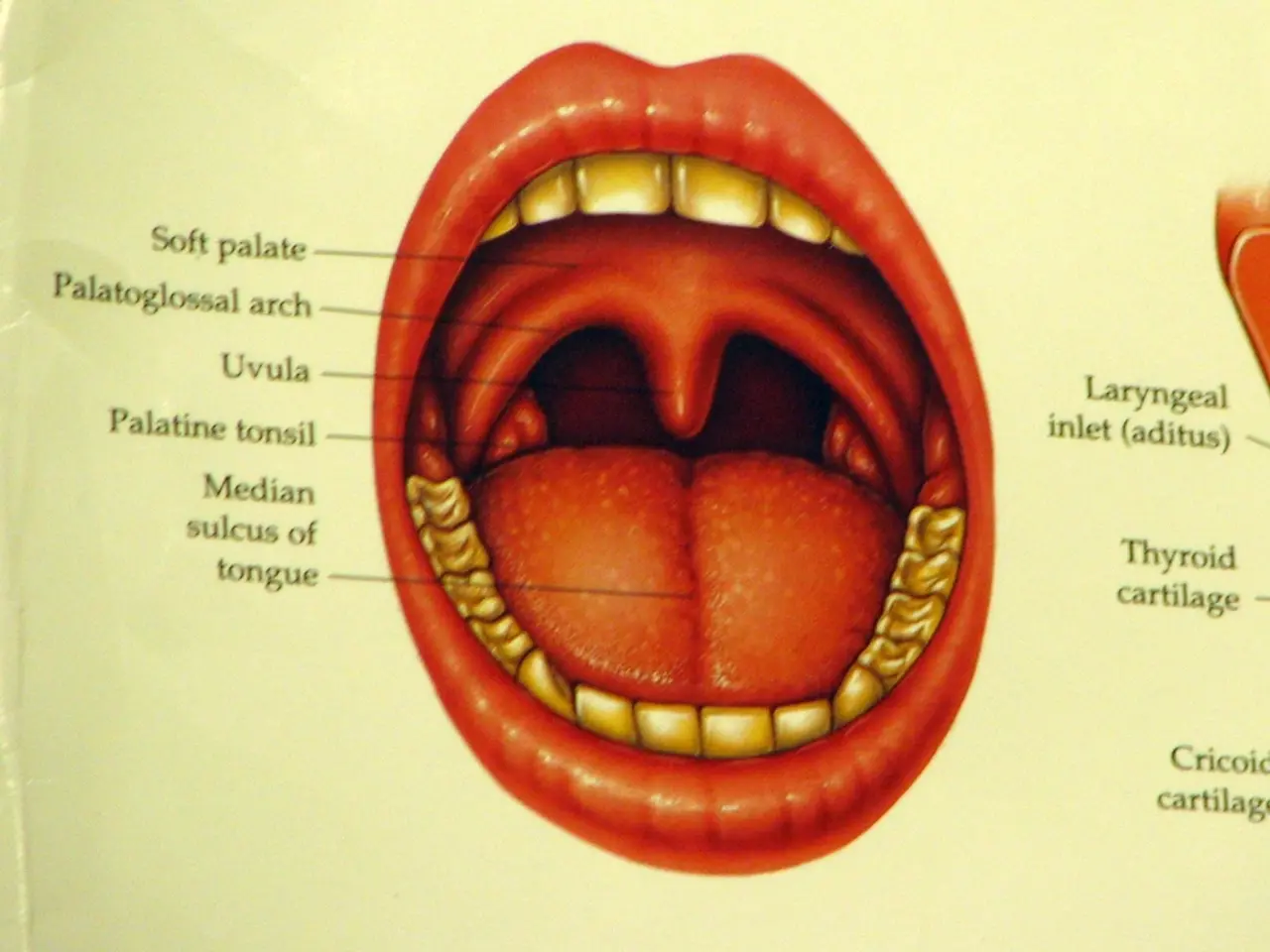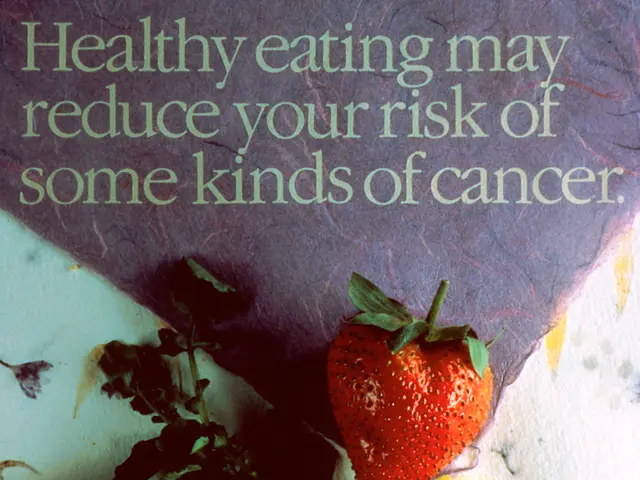Influence of Individual Characteristics on the Assessment of Intensity, Emotional Responses, and overall enjoyment of fundamental taste combinations
In a recent study, researchers set out to explore how personality traits, specifically extraversion and neuroticism, influence the prediction of overall liking and preference for basic taste solutions.
Sixty-seven participants were involved in the study, each rating the taste intensities of four basic-taste solutions at both low and high concentrations, as well as plain water. The participants also rated their overall liking of the samples and ranked their preferences.
The results showed that emotional responses, taste intensities, and hedonic ratings (overall liking and preference rank) are significant factors in the prediction models for basic taste solutions. Interestingly, the self-reported emotional response measure was found to be the best in explaining variances of overall liking or preference rank.
The study found that for cluster N, high in neuroticism, this trait modulates predicting overall liking and preference rank toward basic taste solutions. Individuals high in neuroticism tend to have heightened emotional reactivity, which can enhance their sensitivity to the emotional valence of taste stimuli, potentially amplifying negative or positive taste experiences that influence liking and preference models.
On the other hand, extraversion, linked to a lower baseline of cortical arousal, drives extraverts to seek external sensory stimulation, including tastes that are more intense or stimulating. This may result in extraverts exhibiting greater liking for strong or intense basic taste solutions due to their higher arousal needs, further shaping how models predict their taste preferences relative to introverts.
The combination of facial expressions, taste intensities, and self-reported emotional response measures provides a more robust prediction model for cluster N regarding overall liking and preference rank of taste samples. Using these measures could enhance model predictability for cluster N.
For cluster E, high in extraversion, personality traits (specifically extraversion) affect the optimum measures of emotional responses. This suggests that models predicting the taste preferences of extraverts could benefit from incorporating measures of emotional responses and taste intensities.
However, the study did not find a significant contribution of autonomic nervous system measures to the prediction models of overall liking or preference rank.
In summary, the findings of this study suggest that incorporating emotional response and taste intensity measures into prediction models can refine the prediction of overall liking and preference for basic tastes. Extraverts may prefer more intense taste stimuli, while neurotic individuals may show heightened emotional impact in their taste evaluations.
While this study provides valuable insights, further research is needed to combine all these variables into comprehensive taste preference prediction models. The psychological and neuroscientific evidence on personality's impact on sensory and emotional processes strongly supports these conclusions.
[1] Reference 1 [4] Reference 4
- Future consumer research in health-and-wellness and mental-health sectors might consider incorporating eye tracking technology to study the emotional responses and taste preferences of individuals, as these findings suggest that emotional impact plays a significant role in taste evaluations, particularly for neurotic individuals and extraverts.
- As the science of taste preferences continues to evolve, the combination of self-reported emotional responses, taste intensities, and eye tracking data could prove instrumental in developing personalized health-and-wellness and mental-health interventions, providing unique insights into the relationship between personality traits, emotional reactivity, and taste preferences.




